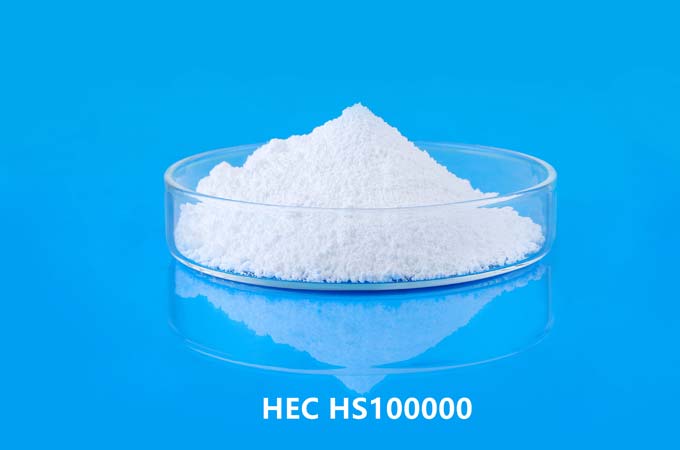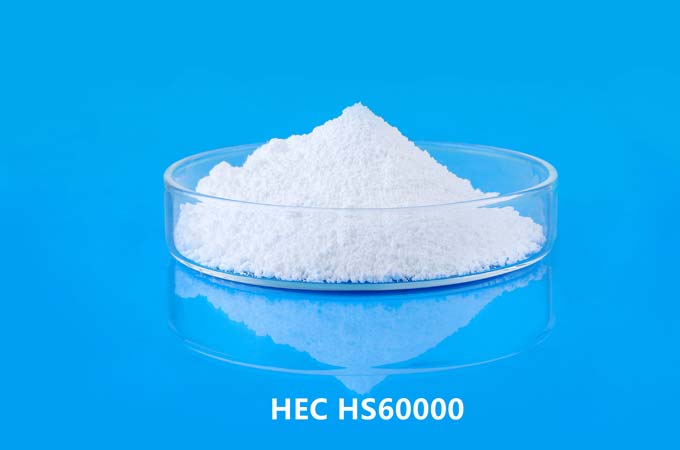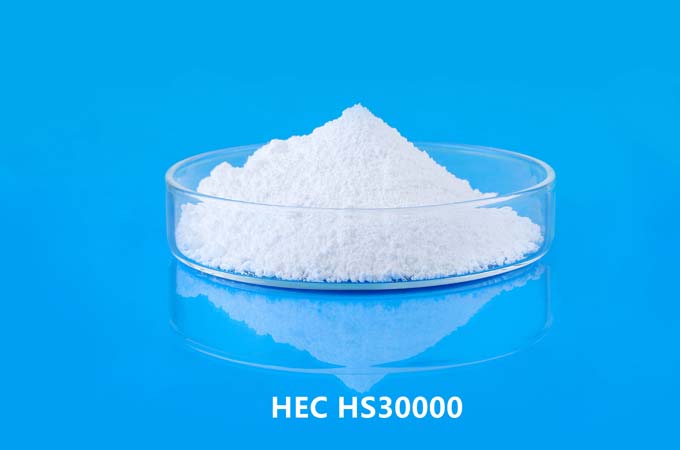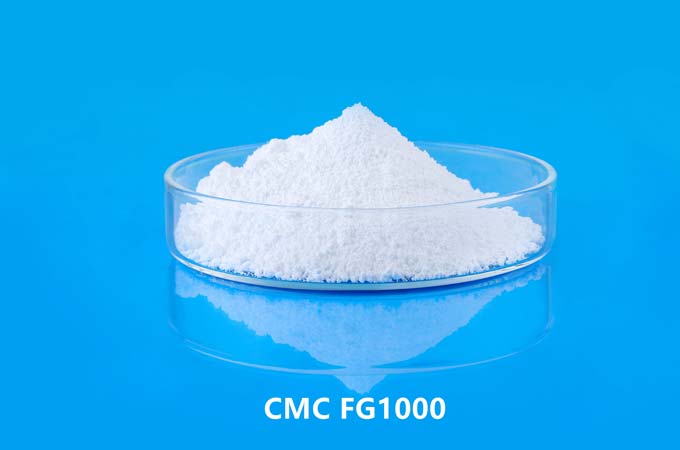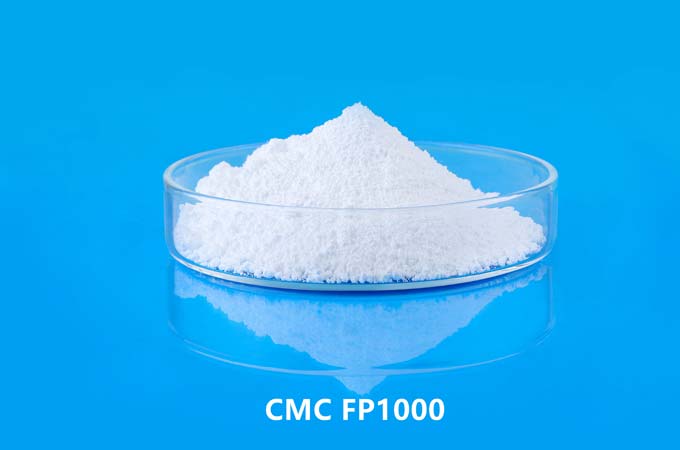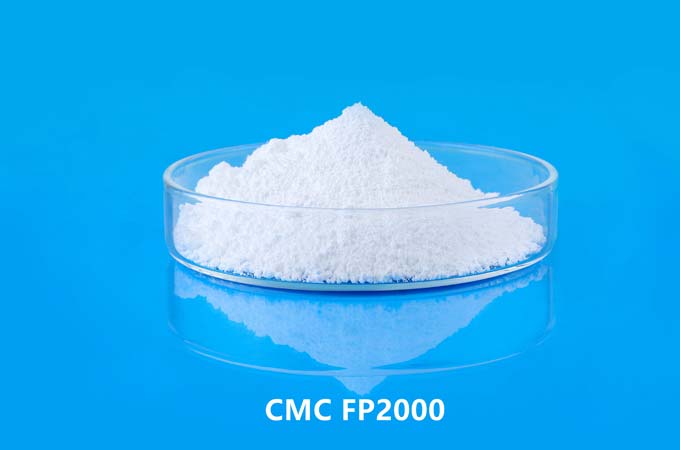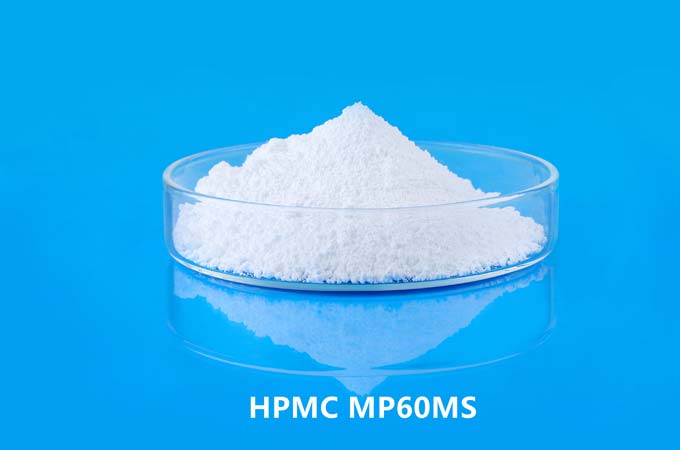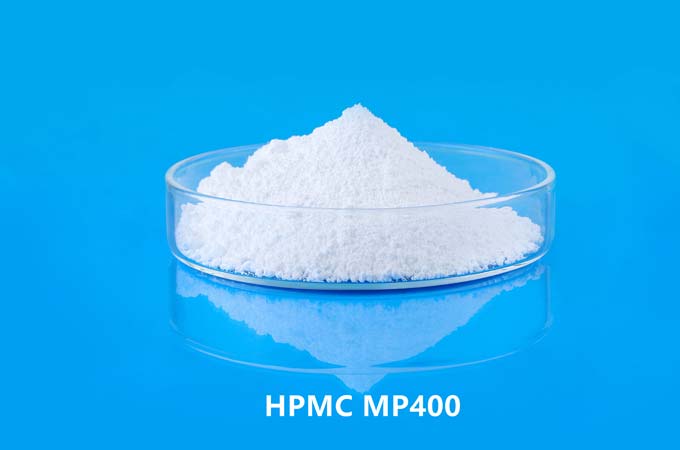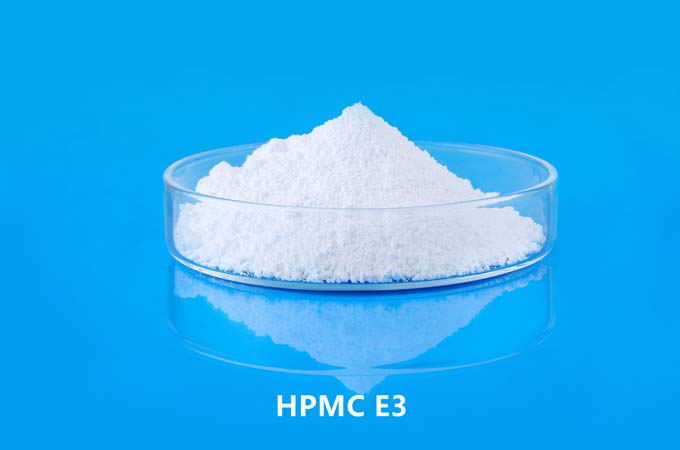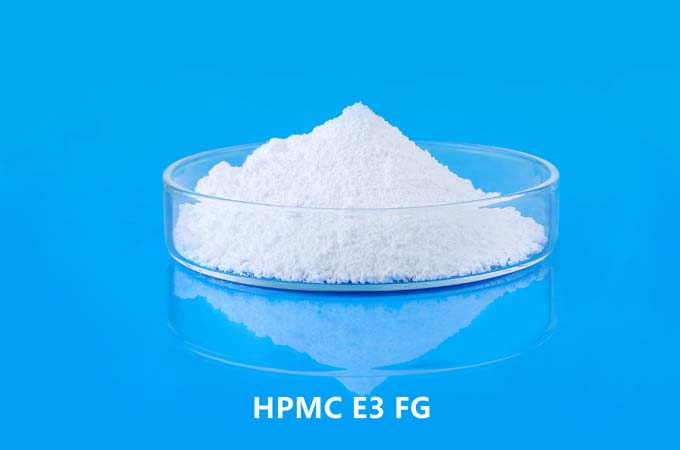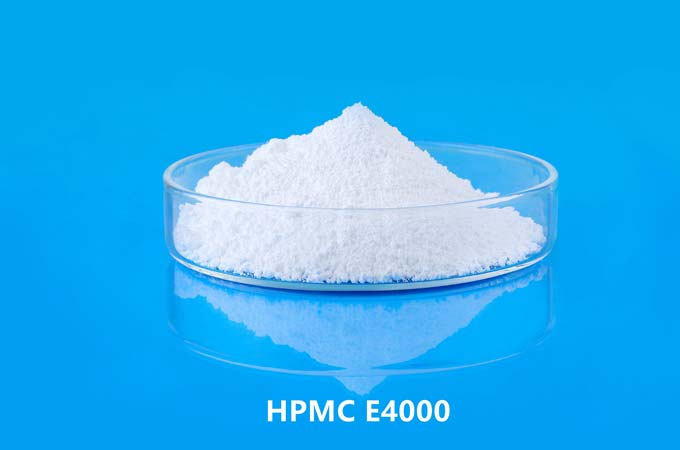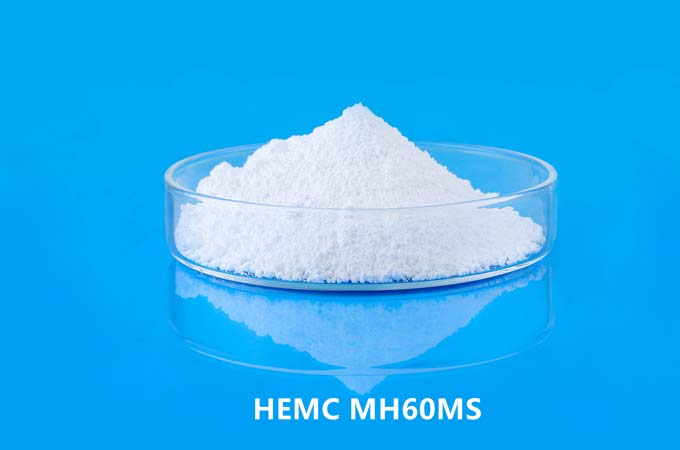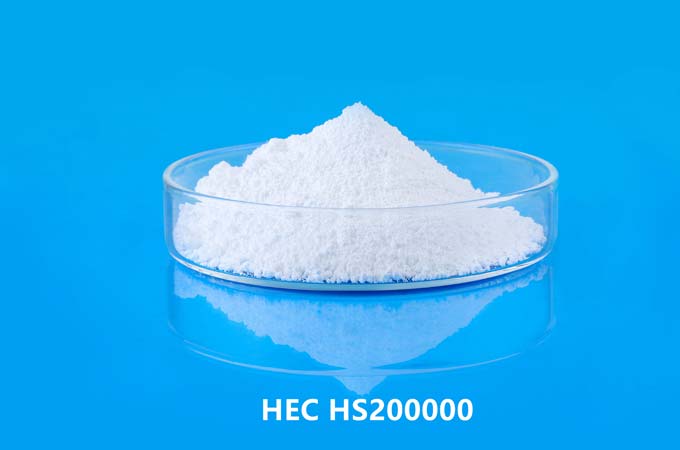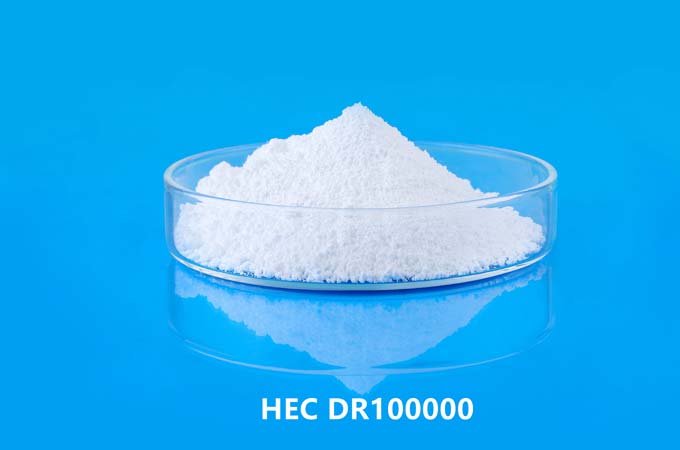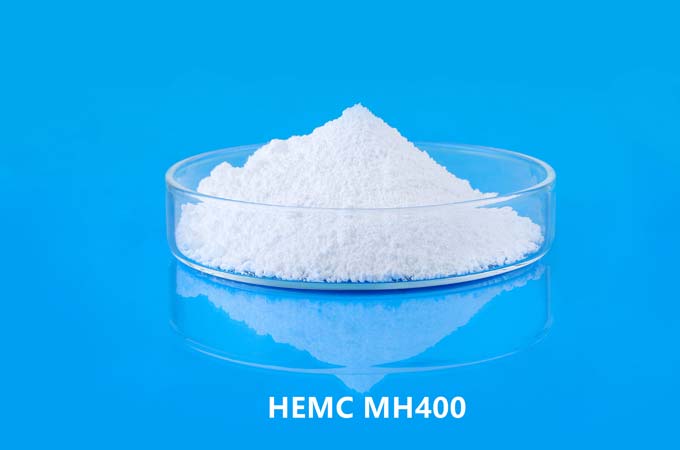Hydroxyethyl cellulose (HEC) is a widely used cellulose ether in various industries due to its unique properties and versatility. HEC is a non-ionic, water-soluble cellulose derivative that is derived from cellulose through a chemical modification process. It finds applications in a broad spectrum of industries, ranging from pharmaceuticals and cosmetics to construction and food. In this comprehensive discussion, we will delve into the various uses and applications of hydroxyethyl cellulose, exploring its properties, advantages, and its essential role in different sectors.

Table of Contents:
1.Introduction to Hydroxyethyl Cellulose
1.1. What is Hydroxyethyl Cellulose?
1.2. Chemical Structure of HEC
2.Properties of Hydroxyethyl Cellulose
2.1. Solubility
2.2. Viscosity
2.3. Thermal Stability
2.4. Film-Forming Ability
3.Applications of Hydroxyethyl Cellulose
3.1. Paint&Coating Industry
3.2. Cosmetic and Personal Care Industry
3.3. Food Industry
3.4. Construction Industry
3.5. Oil and Gas Industry
3.6. Textile Industry
4. Advantages and Disadvantages of Hydroxyethyl Cellulose
5.Conclusion
1. Introduction to Hydroxyethyl Cellulose
1.1. What is Hydroxyethyl Cellulose?
Hydroxyethyl cellulose (HEC) is a semi-synthetic polymer derived from cellulose, which is a naturally occurring polysaccharide found in the cell walls of plants. Cellulose is composed of glucose units linked together in long, linear chains. HEC is produced by treating cellulose with an alkali, followed by reacting it with ethylene oxide to introduce hydroxyethyl groups (-OCH2CH2OH) onto the cellulose backbone.
1.2. Chemical Structure of HEC
The chemical structure of hydroxyethyl cellulose is characterized by the presence of hydroxyethyl groups attached to the glucose units in the cellulose chain. These hydroxyethyl groups impart unique properties to the polymer, making it water-soluble and highly versatile.
2. Properties of Hydroxyethyl Cellulose
2.1. Solubility
One of the defining properties of HEC is its excellent water solubility. It can easily dissolve in cold or hot water, forming clear and viscous solutions. This solubility makes it suitable for a wide range of applications where a thickening or gelling agent is required.
2.2. Viscosity
HEC is known for its ability to increase the viscosity of aqueous solutions. The extent of viscosity enhancement depends on factors such as the polymer concentration, molecular weight, and temperature. This property makes HEC a valuable thickening agent in many industries.
2.3. Thermal Stability
HEC exhibits good thermal stability, maintaining its viscosity and functionality over a wide range of temperatures. This property is particularly important in applications where products are exposed to various thermal conditions.
2.4. Film-Forming Ability
HEC can form thin, flexible films when dry. This film-forming property is utilized in industries such as cosmetics and pharmaceuticals, where it can act as a barrier and improve the shelf life of certain products.
3. Applications of Hydroxyethyl Cellulose
3.1. Paint&Coating Industry
Hydroxyethyl cellulose (HEC) is commonly used in the paint and coatings industry as a rheology modifier and thickening agent. It plays a crucial role in enhancing the viscosity, stability, and application properties of paints.HEC is used to increase the viscosity of paint formulations. This thickening effect allows the paint to have a desirable consistency, which is crucial for brushability, roller application, and sprayability. The controlled viscosity ensures that the paint adheres well to the surface, minimizing drips and splatters during application.
3.2. Cosmetic and Personal Care Industry
HEC is widely used in cosmetics and personal care products, including:
Shampoos and Conditioners: It enhances the viscosity of hair care products, improving their texture and ease of application.
Creams and Lotions: HEC acts as a thickening agent in creams and lotions, ensuring a smooth and consistent texture.
Masks and Peel-Off Products: HEC is used in skincare masks and peel-off products to create a film that can be easily peeled off, offering various benefits to the skin.
Hair Styling Products: It is used in hair gels, sprays, and styling products to provide a flexible hold.

3.3. Food Industry
In the food industry, HEC serves various purposes:
Bakery Products: HEC acts as a dough conditioner, improving dough handling and texture in products like bread and pastries.
Sauces and Dressings: It is used as a thickening agent in salad dressings, gravies, and sauces to achieve the desired consistency.
Dairy Products: HEC is employed in dairy products like ice cream to prevent ice crystallization and improve texture.
3.4. Construction Industry
In the construction industry, HEC is added to various products to enhance their properties:
Mortar and Concrete Additives: HEC improves the workability and adhesion of mortars and concrete mixtures. It also reduces the risk of cracking.
Paints and Coatings: HEC is used in paints and coatings to provide thickening, stability, and improved application properties.
3.5. Oil and Gas Industry
In the oil and gas industry, HEC is utilized in drilling fluids as a viscosifier and fluid loss control agent. It helps maintain the stability of drilling fluids and prevents wellbore instability.
3.6. Textile Industry
In the textile industry, HEC is used in textile printing to thicken dye pastes, ensuring uniform and precise printing of designs on fabrics.
4.1 Advantages:
Versatility: HEC is versatile and can be used in various industries due to its water-solubility, thickening properties, and film-forming ability.
Biocompatibility: In pharmaceutical and cosmetic applications, HEC is well-tolerated by the skin and mucous membranes, making it suitable for a wide range of formulations.
Thermal Stability: It maintains its functionality across a broad temperature range, making it reliable in various applications.
Water-Solubility: The ability to dissolve in water provides ease of use and formulation in aqueous systems.
4.2 Disadvantages:
Cost: HEC can be relatively expensive compared to other thickening agents, which may impact the cost of products in some applications.
Limited Compatibility: While it is compatible with many systems, there may be limitations in certain formulations, especially those with low pH or high salt content.
5. Conclusion
Hydroxyethyl cellulose (HEC) is a valuable polymer that finds applications across multiple industries, ranging from pharmaceuticals and cosmetics to food, construction, and more. Its unique properties, such as water-solubility, viscosity enhancement, and thermal stability, make it an essential ingredient in a wide variety of products. As industries continue to seek innovative and sustainable solutions, HEC's role is likely to expand, contributing to the development of new and improved formulations and products in the future. Its ability to enhance the performance and quality of various materials and formulations underscores its importance in modern industry.
 English
English 日本語
日本語 français
français Deutsch
Deutsch Español
Español italiano
italiano русский
русский português
português العربية
العربية Türkçe
Türkçe Nederland
Nederland


